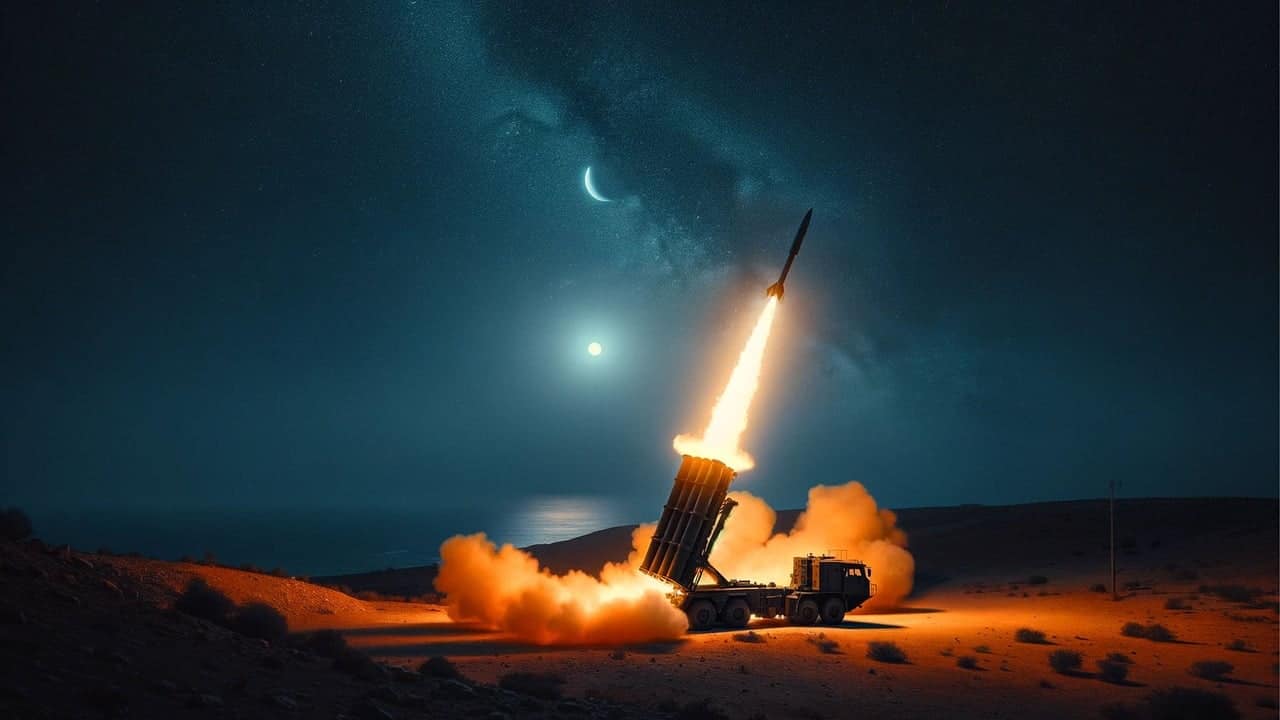
It’s finally here: Ukrainian Volodymyr Zelensky’s “Victory Plan,” furtively touted for weeks as Zelensky sought, unsuccessfully, to peddle it to world leaders. Until now, all that Zelensky would say in public was that this clandestine plan paradoxically would not require negotiation with Putin, but also provides a way to strengthen Ukraine in order to “push Putin” to diplomatically end the war. Tone deaf in the extreme, several weeks ago Zelensky brazenly flew on a US Air Force C-17 transport plane into the key battleground state of Pennsylvania to visit a munitions plant before hectoring the United Nations General Assembly on this special plan. Election interference be damned!
Blessed with Zelensky’s grand reveal of his vaunted five-point plan to the Ukrainian parliament on October 16, the tragic farce of the “Victory Plan” sharpens into focus. Still shielding “three secret” addenda from the general public, Zelensky’s top goal is as unsurprising as it is meretricious: an invitation for Ukraine to join NATO. Zelensky hopes that NATO nations will grant Ukraine’s application for admission, which it submitted over two years ago. Ukraine’s Victory plan is little more than a Hail Mary. Why would NATO nations suddenly wish to jump headlong into the fray now, as Ukraine’s already-dim prospects admittedly vanish, which cannot be papered over even by friendly commentators?
The patent absurdity of the Victory Plan does not stop there. Zelensky’s other four points involve: (1) unrestricted Western support for unrestricted warfare; (2) “non-nuclear deterrence” to “safeguard the country against future” Russian “aggression”; (3) “economic growth and cooperation,” which includes further Russian sanctions plus joint investment opportunities; and (4) a “post-war security architecture,” in which Ukraine’s “large and experienced military force” can help secure Europe.
Zelensky seeks to unleash the Ukrainian military, hitherto shackled by arbitrary US restraints on long-range strikes into Russia. This invitation to nuclear war is bad enough, but he also seeks funds, arms, and intelligence from the West beyond the already-prodigious aid and comfort shuttled off these past two years. Additionally, this plank demands for Ukraine “additional supplies of long-range capabilities,” asks for the West to take out Russian missiles and drones, and suggests further ground invasions of Russia to create “buffer zones.” As Russia expands and lowers the bar for using nuclear weapons, Zelensky means to thrash about Russia like an elephant in a Matryoshka shop. Zelensky may feel as though Ukraine has nothing to lose—wrongly, since Russia’s prospect of wiping Ukraine off the map only increases as the war prolongs—but the West has everything to lose. If it stands, President Biden’s justified reticence to authorize long-range strikes into Russia could be the most consequential decision of his presidency. But the media has foamed at the mouth at this cold shoulder—notwithstanding new aid to Ukraine, repeatedly—so do not hold your breath.
At first glance, Zelensky’s call for “economic growth and cooperation” seems almost comical. In these dire straits, marred by death and destruction, what does Ukraine have to offer the West? The devil is in the details. Zelensky’s plan likely seeks to entice lawmakers like US Senator Lindsay Graham, who seek access to Ukraine’s stocks of resources like lithium, a critical mineral used in electric vehicle batteries. Yes, for some supporting Ukraine may be based on as loathsome a reason as securing cronyist exploitation of Ukraine’s natural resources. If you thought the Bush administration would be the last America saw of such contemptuous profiteering, think again. One is tempted to laugh were the situation not so enraging.
In his October 16 address, Zelensky noted the grave consequences that would befall the world if we allowed the impression “that wars of aggression can be profitable,” with new aggressions likely to pop up in “the Gulf region, the Indo-Pacific region, and Africa.” All those things may well occur, but largely this will be thanks to US meddling, rather than the “isolationist” phantom. Unfortunately, however, the establishment piper plays only one tune: “Appeasement! Munich!”
Apparently unironically, Zelensky also states that North Korea’s supplying of Russian with munitions and soldiers “is effectively participation of a second state in the war against Ukraine on Russia’s side.” Surely he realizes that the US and many countries in the West were already belligerents in the war?
Though the foolish depths of the Victory Plan seem limitless, Zelensky offers one silver lining. At least, for those who survive the possible nuclear apocalypse unleashed by his pyrrhic Victory Plan. Under his plan, Ukraine’s soldiers can replace US soldiers in select locations in Europe. Sign me up!
Avoiding war was once the mark of the great statesmen; making peace, equally so. It will be a difficult peace for Ukraine to make. Admitting defeat is rare—for good reason. Many Ukrainians are coming to their senses, but not the most important Ukrainian. For the sake of Ukraine, and the world, one hopes Zelensky rouses from his war-fevered slumber. Hope springs eternal; but alas, so does vanity.
Originally Posted at https://mises.org/






